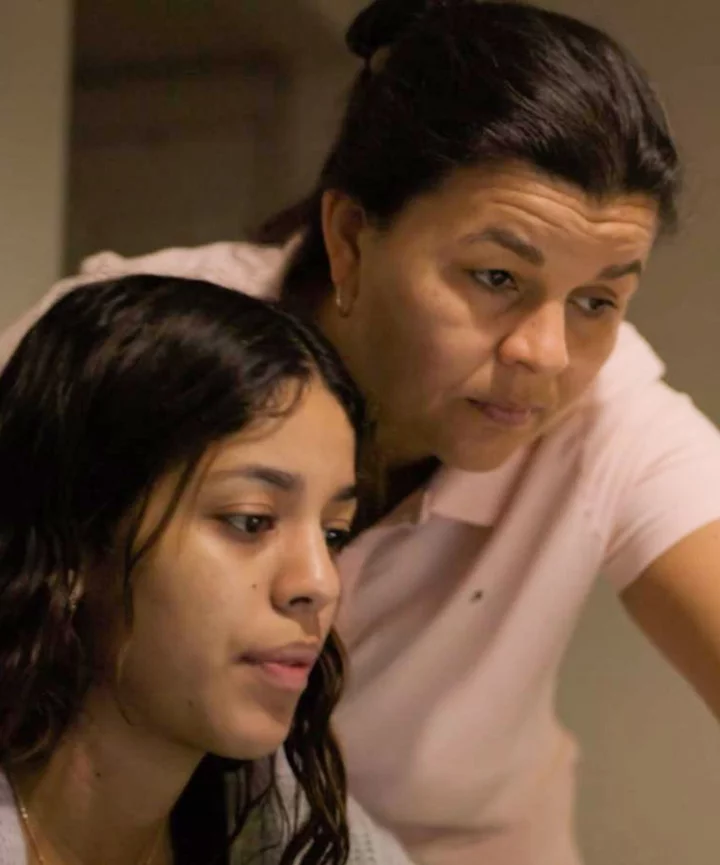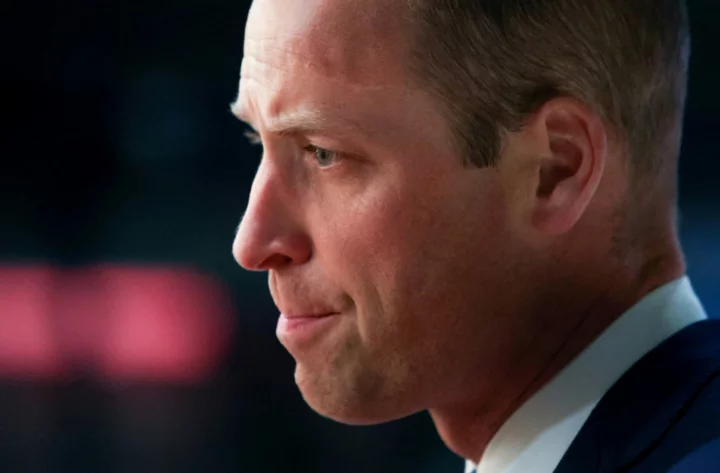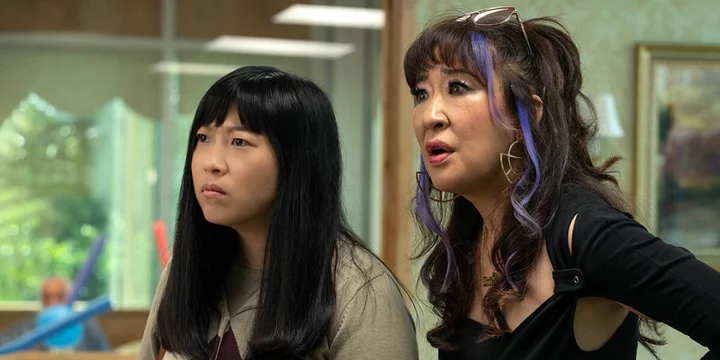“Look, Hayre, they called me at work to give me the instructions for the surgery,” a mother tells her teenage daughter. “I think they sent other instructions to my phone that are also in English and are more specific.” Hayre attempts to read the messages from her mother’s phone, but at only 13 years old, she finds it difficult to translate and relay the note about her baby sister’s upcoming surgery. This scene — a mere 40 seconds into the Rudy Valdez-directed Translators documentary — sheds light on the linguistic challenges immigrants and their children encounter.
From a young age, children of immigrants often become their families’ translators and interpreters, left to make sense of jargon-filled sentences on their own. The doc shows the real lives of three bilingual children who are doing their best to bridge the language barrier gap for their Spanish-speaking parents. While it’s only a 20-minute short, it brings you into their worlds, giving you a look at their different perspectives as they take on the same duties within their respective families.
There are more than 11 million child translators in the U.S., but frequently, these language brokers, as they are known, have no support to take on this role, which can leave both parties feeling frustrated. Parents, who see their kids as their only lifeline, are left to wonder why their English-speaking children cannot make sense of a language they know well. Meanwhile, their children struggle to explain that it’s not as easy as it seems because the wording is too complicated or they don’t know the Spanish word for a certain term.
“We need some more resources for non-English speakers in this country,” Dominican-American singer and actor Leslie Grace tells Refinery29 Somos. “Creating a documentary like Translators is so important because it allows organizations like U.S. Bank to generate awareness of the shared experience. Additionally, it opens the door for other companies and organizations to develop tools and resources that will help alleviate the burden off these younger folks.”
Grace partnered with Valdez as the film’s ambassador because she similarly grew up as a translator. The performer wanted to lend her voice to help promote the film and to verbalize what she couldn’t as a child. “There’s a general misconception that someone who doesn’t speak the same language as you doesn’t have the same potential or capacity or is as worthy of a particular space,” she adds. “Something that I wish I knew when I was younger was that in certain circumstances, the way that others might perceive or speak about your family members that don’t speak English or don’t speak it perfectly, is not a reflection of their worthiness to take up space, their capacity to achieve and to be resilient and move forward and do great things and their intelligence.”
To honor the unsung heroes that are at the center of Translators, we spoke with three Latines who have and continue to serve as their families’ intermediaries.
Leslie Grace, Dominican American
I was the translator in my family, mainly with my grandmother. She was the first to migrate to the Bronx from my mom’s side of the family. If we’re going to the doctor and they don’t speak Spanish, we’d translate for her. I’m the youngest of my siblings. I did witness my older sister translate a lot of really important things at a young age for my grandmother, too. I saw how capable my grandmother was in so many scenarios in her native language and how English was a limitation for her, but this did not take away any of her words, or her value, or her capacity to be able to deal with certain situations. It was just language being a barrier.
“I understand the feeling of that weight and responsibility at an early age to answer for your elders in a way that gives them dignity, too, and makes them feel that they have all the information they need to move forward.”
Leslie GraceBeing first-generation Dominican American, I understand the feeling of that weight and responsibility at an early age to answer for your elders in a way that gives them dignity, too, and makes them feel that they have all the information they need to move forward.
A lot of this information that you’re translating, maybe you’re also trying to figure out what it means at the same time that you’re translating it to your elder — like credit card debt, going through information from the doctor’s office, going to the grocery store. Sometimes words can get lost in translation, and you’re just trying your best to be the mediator. Those are the kinds of memories I have with my grandma.
Yarely Aguilar, Mexican
I came to the U.S. with my mom and two cousins when I was 10 years old. That’s when I started to learn English. My first memory of having to translate for my family was at the mall with my mom and brother, Junior. They were buying shoes for me. I was very shy when I was young, but I remember them telling me to ask the shoe store worker for my size. I was the only person in my family at the time who spoke English. I was the only one who could translate letters. Anytime we had to buy something or if we had to go to the doctor and fill out paperwork, it was always me.
Having the responsibility to have to translate everything for my family and feeling pressured to learn exactly what I was reading and translating at just 10 to 11 years old was a lot. I felt a lot more pressure to learn English quicker. I was like, “Okay, my family cannot speak or read in English; I’m the only hope they have to navigate.”
“Having the responsibility to have to translate everything for my family and feeling pressured to learn exactly what I was reading and translating at just 10 to 11 years old was a lot. I felt a lot more pressure to learn English quicker.”
Yarely AguilarToday, translating for my family is part of my daily life, especially with my mom whenever she goes to the doctor or has a conversation with one of her bosses. I’m always that person who translates for her. Same thing with my siblings. My brother has his own company, but he doesn’t speak English, so I’m always translating text messages and phone calls. But I’m so used to it already. I’ve been doing it for so long that it makes me happy to translate for them just because I know there’s no other way for them to communicate with whomever they’re trying to speak to or whatever it is.
I don’t want to say that it indefinitely affected me, but I think it’s sad to see your parents or any of your family members trying to communicate with someone who doesn’t speak Spanish, and they don’t understand anything. And I always have to jump in and translate and help them, so seeing that my whole childhood and growing up, I wouldn’t want my kids to go through the same thing I did.
Ashley Garcia Lezcano, Colombian American
I’ve been translating for my family for as long as I could speak. I learned Spanish at home first, and then I learned English in school. As soon as I was going to school, I was translating school stuff for my parents. In first grade, I was learning how to read, and it was difficult for me. I was failing; I almost got held back. I remember when my mom would go to parent-teacher conferences, she didn’t understand what my teachers were saying, so I would have to step in and be the translator at 6 years old. I was getting help at home with math, but no one was reading books with me at home, so I was translating for my family while I could barely read.
It would affect me more when it was in public places. I tried to translate fully what someone was saying and explain it to my mom and translate it to the other person. When we’d go out to eat, I would give everyone’s order to the waiter; it would just be quicker that way. Being the middle person at such a young age, I remember seeing people get frustrated with me, and it was annoying as a kid. Then there was this added pressure like, “You speak English. You should just know how to translate certain things.” And it’s like, I’m only 6 years old.
“Since I had to translate and learn so early on, I developed fluency in both languages at a young age versus trying to learn in my adult life.”
Ashley Garcia LezcanoI’m still the translator in my family to this day. As I got older, it started to move beyond school. I have to check in my family members to their flights and send emails, like administrative work for them. I have a younger sister in high school, and she has a different experience from me. She isn’t a translator. I think being the eldest daughter is what led to me having the responsibility.
Although this was my experience, in a way, I’m still glad there was a divide with languages inside and outside of my home because even though it was a lot of pressure on me, it was easy for me to learn and adapt at such a young age. Since I had to translate and learn so early on, I developed fluency in both languages at a young age versus trying to learn in my adult life.
Interviews were edited for brevity and clarity. You can watch the short documentary now at https://translatorsfilm.com/.









